
AFEX supports JED in urging government to prioritise safety of journalists in DRC
The African Freedom of Expression Exchange supports Journalist in Danger in their plea to President Tsishekedi to enhance media freedom and prioritise the safety of journalists in the DRC, where the culture of impunity nurtures increased violence against journalists.
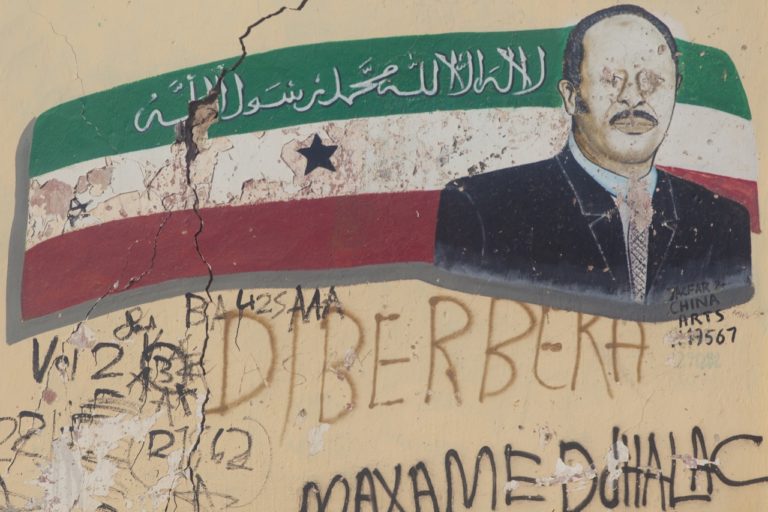
Journalist jailed for defamation in Somaliland
Journalist and social media activist Abdimalik Muse Oldon was sentenced to three and a half years in prison in Somalia’s self-declared state, Somaliland, despite the glaring absence of a plaintiff.
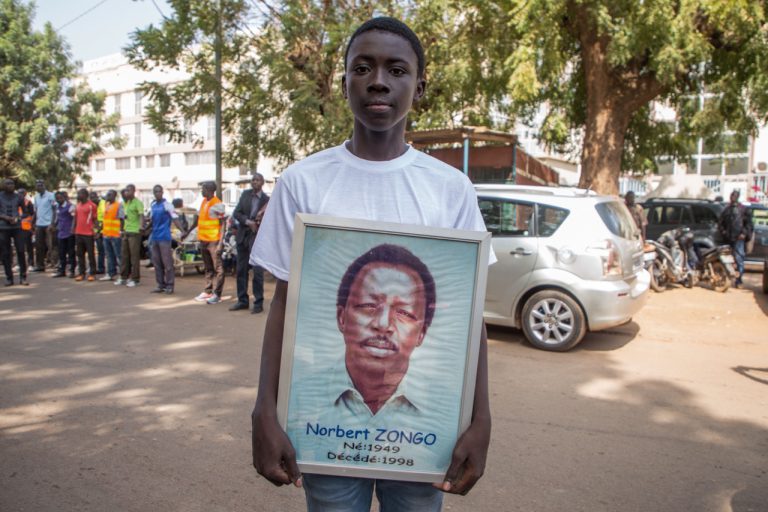
AFEX reminds African leaders of possibility to chart new course around FoE
Against the backdrop of World Press Freedom Day commemorations in Ethiopia this year, the AFEX network is reminding African governments to actively promote and defend freedom of expression on the continent.
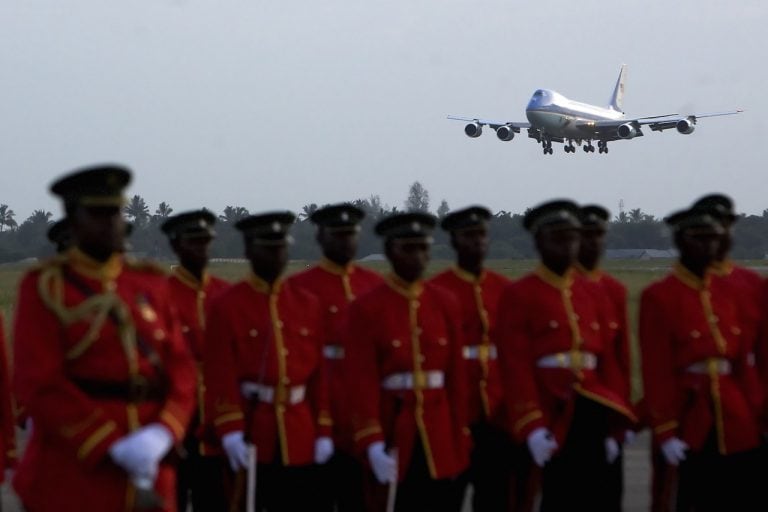
AFEX condemns detention and deportation of CIPESA executive director
Tanzanian authorities prevented Dr. Wairagala Wakabi, executive director of CIPESA, from attending the commemoration of the Tanzania Human Rights Defenders’ Day when they arrested him upon arrival in the country and deported him back to Uganda several hours later.
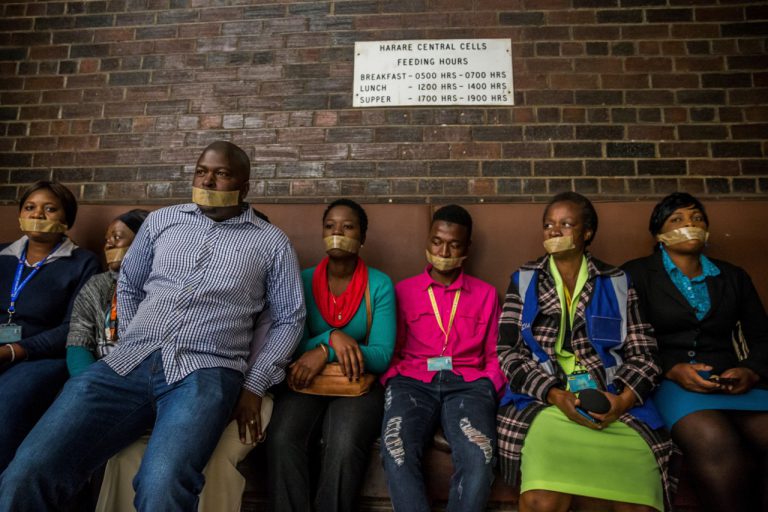
High levels of impunity on the continent for crimes against journalists
The Annual Freedom of Expression Situation in Africa Report for 2018 highlights the high level of impunity on the continent for crimes against journalists, based on the 208 freedom of expression violations recorded during 2018 of which only 14 of the cases received remedial action.
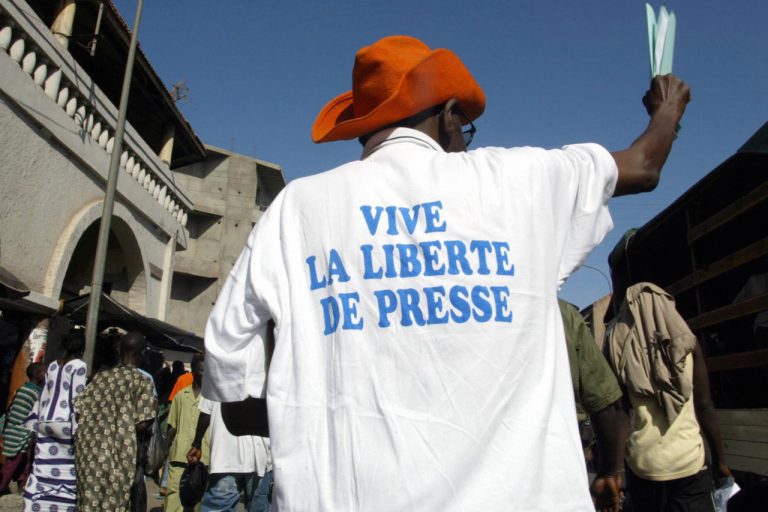
AFEX condemns impunity for crimes against journalists
At their annual general meeting held recently, AFEX discussed the increasing attacks on media freedoms and freedom of expression across the continent.
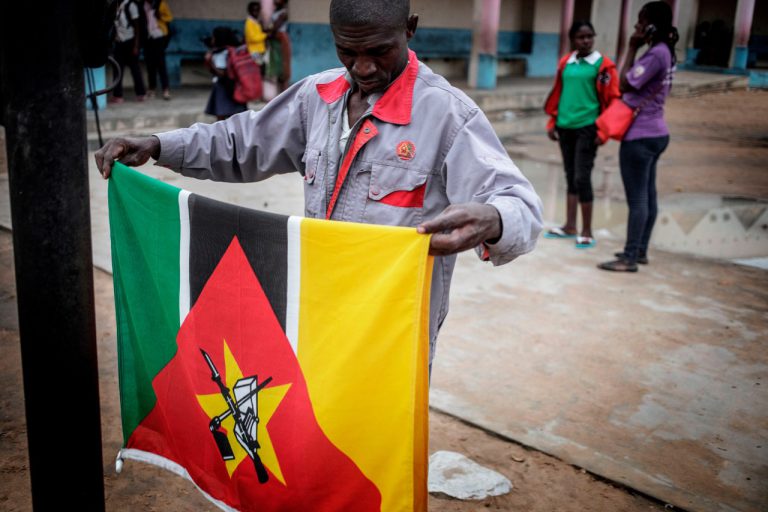
AFEX joins regional and international organisations calling for release of Amade Abubacar
Member organisations of the AFEX together with regional and international organisations advocating for media freedom are calling on authorities in Mozambique to unconditionally release journalist Amade Abubacar who has been in jail since January this year.
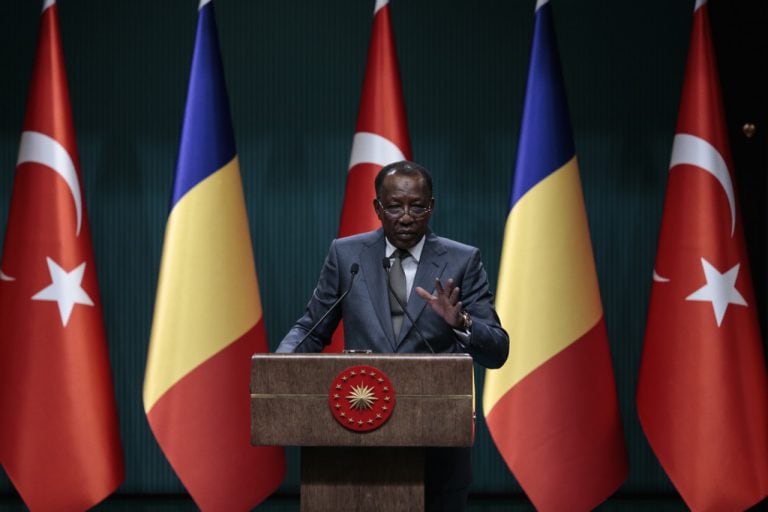
AU Special Rapporteur writes to Chadian president regarding social media blackout
AFEX welcomes the appeal sent by African Union Special Rapporteur on freedom of expression and access to information, Lawrence Mute, to President Idriss Deby on the social media blackout in Chad.
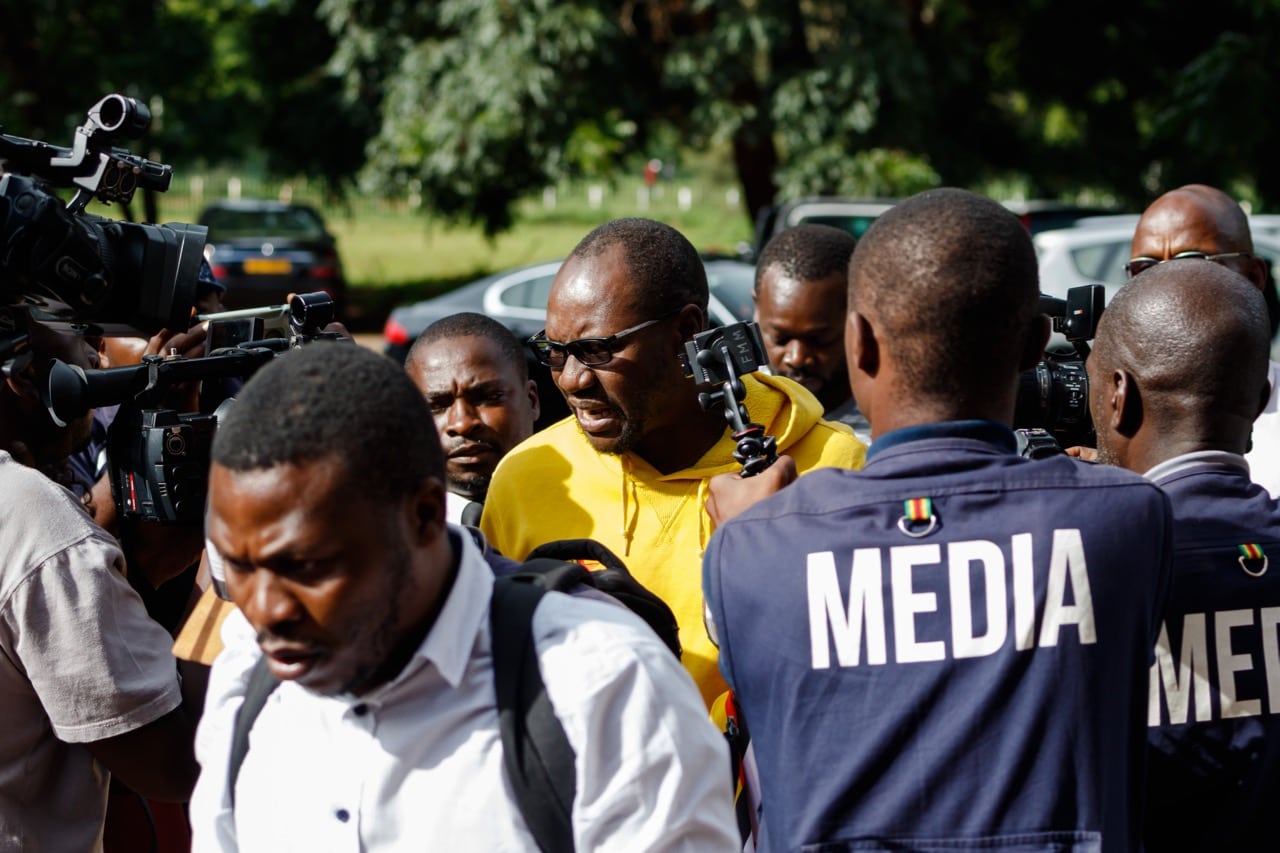
Governments across continent take punitive actions against critical media
Four journalists have been arbitrarily arrested and detained since January 2019, another journalist sentenced to a year in prison while one media house has been suspended for critical reportage about state officials.

Chad must end its year-long blackout of social media
80 civil society organizations have signed a petition that calls for an immediate end to the blocking of social media platforms in Chad, in effect since March 2018.
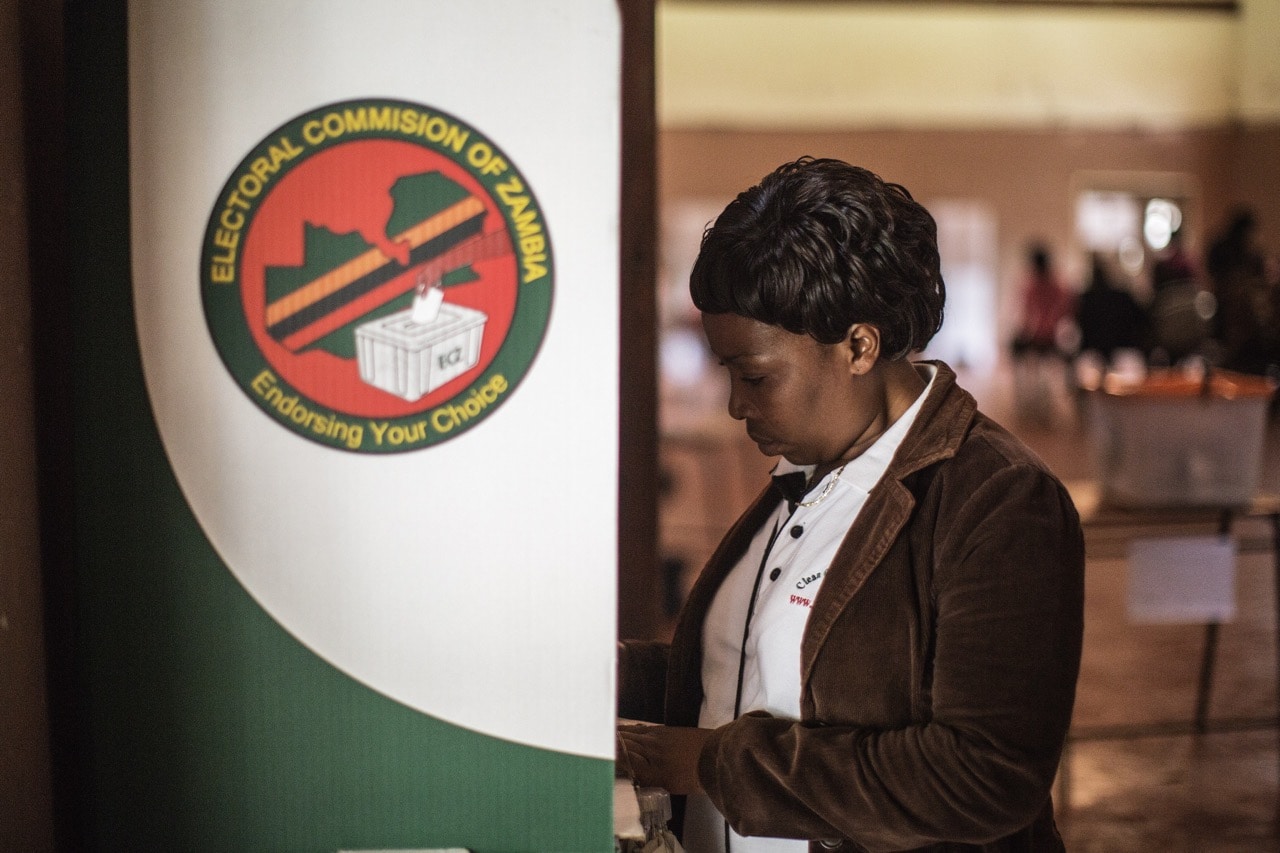
Zambia’s media regulator slaps Prime TV with 30-day suspension
African Freedom of Expression Exchange together with its member MiSA Zambia is calling on Zambia’s Independent Broadcasting Authority (IBA) to reconsider the decision to suspend Prime Television.
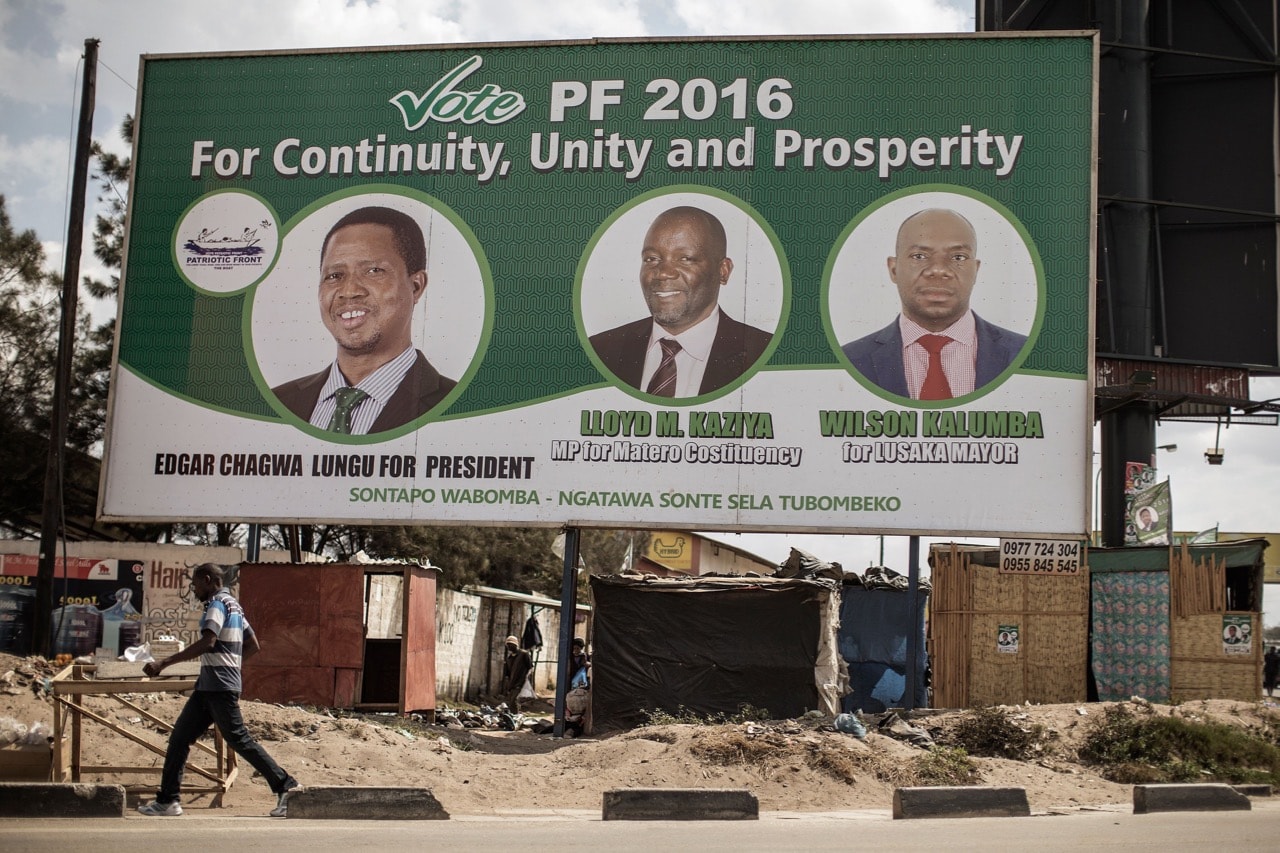
Verbal and physical onslaught against private TV station by Zambia’s ruling party
The Secretary General of Zambia’s ruling PF has barred Prime Television from covering any of its party activities, while supporters have assaulted 3 of the station’s reporters in separate incidents within a space of two weeks.
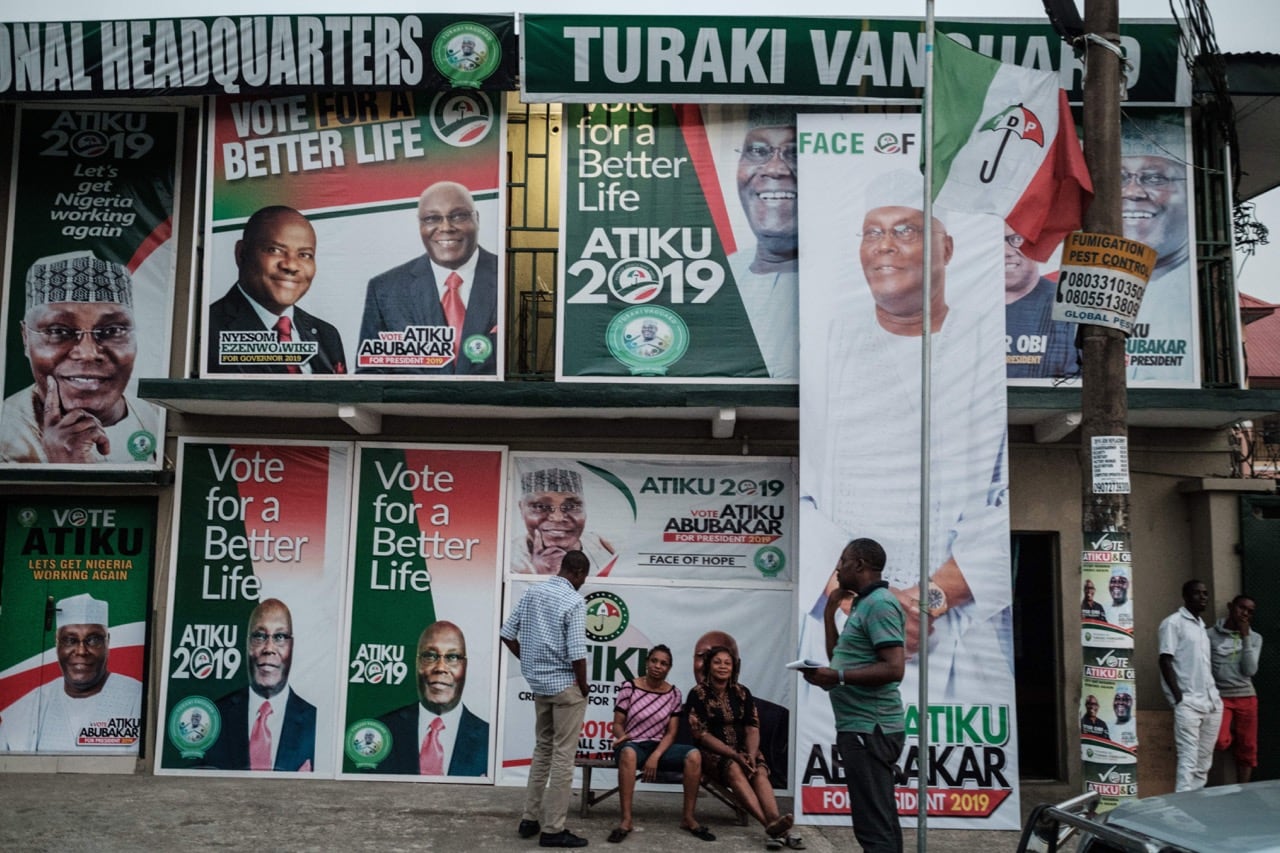
Press freedom organisations urge Nigeria to keep Internet on during election period
Members of the #KeepItOn coalition highlighted the need for the authorities to keep the Internet on as it is an enabler of other rights, including freedom of expression and access to information.
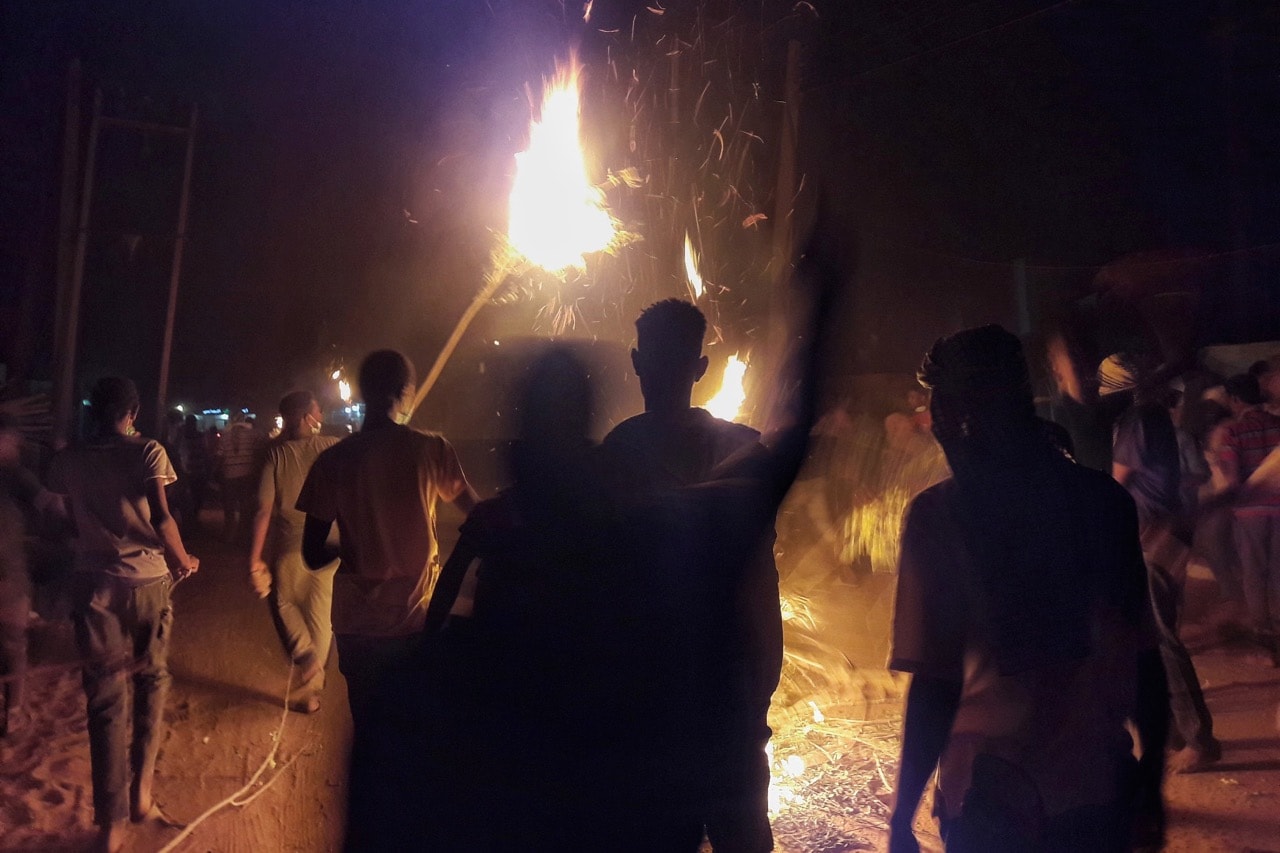
Internet shutdowns are governments’ new weapon of choice
Governments are shutting down the internet while using brute force to silence their citizens.
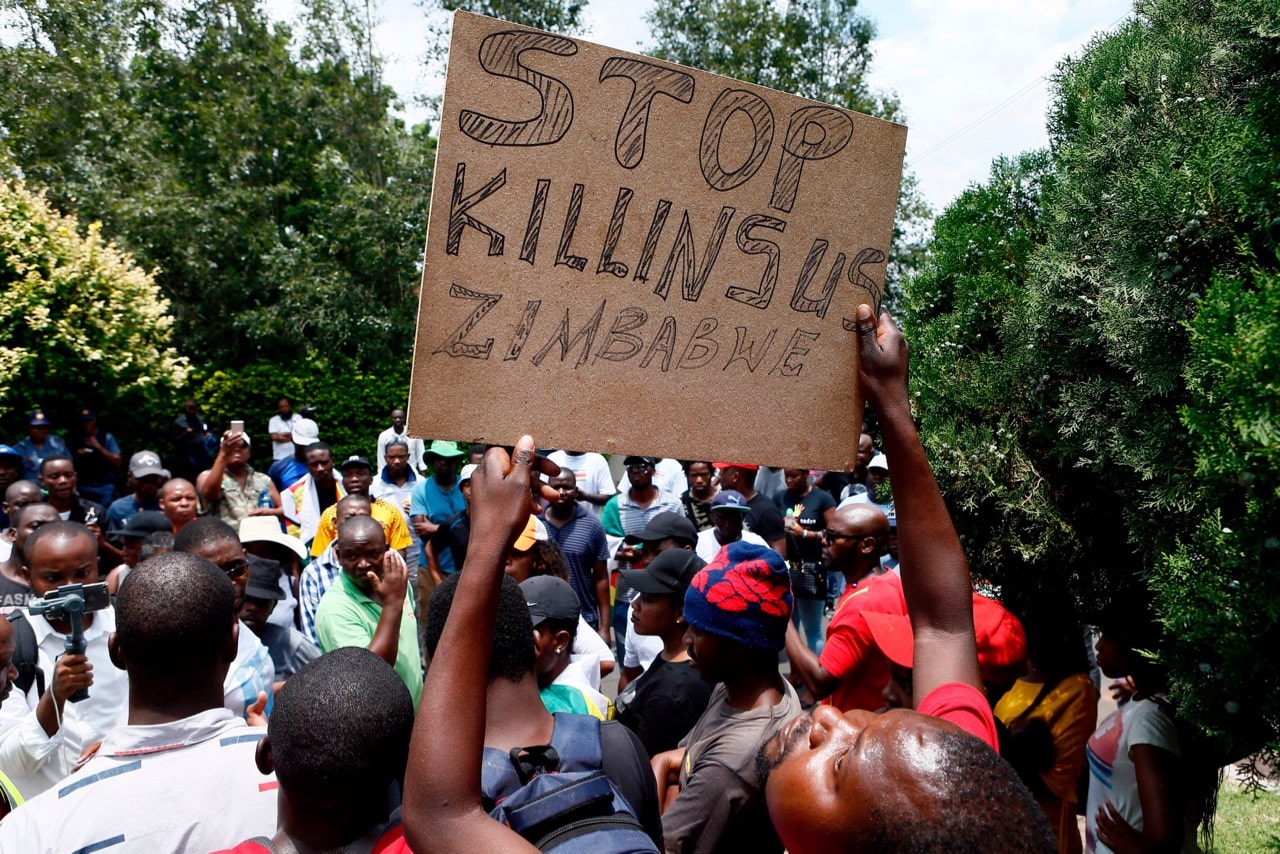
AFEX urges President Mnangagwa to end crackdown on free expression and assembly rights
AFEX denounces in particular, the use of lethal force against protesters resulting in the alleged killing of at least five persons with several reported injuries. AFEX has also received reports of arbitrary arrest and detention of protesters.

Newspaper receives directive to stop reporting on protests in neighbouring Sudan
AFEX condemns the summoning of the Editor in Chief of Al Watan Arabic newspaper by South Sudan’s Media Authority, for publishing articles on on-going demonstrations in neighbouring Sudan.